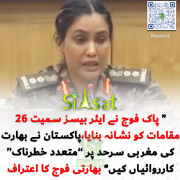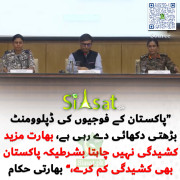The following news item belongs to a link from UK medical website which would be difficult to open for viewers and hence omitted.
Quote :
Researchers are struggling to demonstrate that drugs and treatments are effective against the Ebola virus, according to an expert committee.
The World Health Organisation has been hoping to fast-track promising treatments and has done this in the case of vaccines.
It said that 18 patients had received treatment in facilities outside Africa - but there was not enough data from the treatments to all treatments to be evaluated. And it warned that treatments tested in the African countries affected might be hard to assess because of varying standards of care. Its expert committee raised concerns about trials proposed in Guinea using blood from survivors - warning it would have "variable" properties.
And it suggests that researchers produce immunoglobin from survivors rather than attempting plasma or whole blood transfusions.
WHO has also published a list of medicines - including the antiviral lamivudine - which have already been tested and proved ineffective.
But it said there was a case for randomised trials of some existing drugs, including favipiravir, brincidofivir, toremifine and interferons - as laboratory studies have suggested "limited activity" against Ebola.
A spokesman said: "WHO and partners receive daily proposals for potential products against Ebola virus disease from the scientific community. Many of these have already been tested and shown to have no activity against the virus."
Quote :
Researchers are struggling to demonstrate that drugs and treatments are effective against the Ebola virus, according to an expert committee.
The World Health Organisation has been hoping to fast-track promising treatments and has done this in the case of vaccines.
It said that 18 patients had received treatment in facilities outside Africa - but there was not enough data from the treatments to all treatments to be evaluated. And it warned that treatments tested in the African countries affected might be hard to assess because of varying standards of care. Its expert committee raised concerns about trials proposed in Guinea using blood from survivors - warning it would have "variable" properties.
And it suggests that researchers produce immunoglobin from survivors rather than attempting plasma or whole blood transfusions.
WHO has also published a list of medicines - including the antiviral lamivudine - which have already been tested and proved ineffective.
But it said there was a case for randomised trials of some existing drugs, including favipiravir, brincidofivir, toremifine and interferons - as laboratory studies have suggested "limited activity" against Ebola.
A spokesman said: "WHO and partners receive daily proposals for potential products against Ebola virus disease from the scientific community. Many of these have already been tested and shown to have no activity against the virus."
Last edited by a moderator:






























